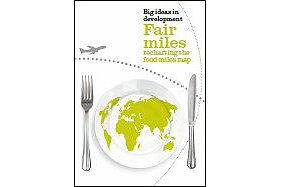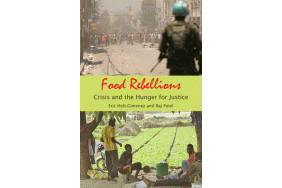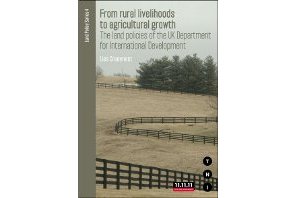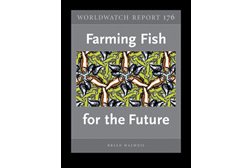In 2006-08, Maharashtra (India) saw 12, 493 farm suicides. That is 85 per cent higher than the 6,745 suicides it recorded during 1997-1999. And the worst three-year period for any State, any time. The dismal truth is that very high numbers of farm suicides still occur within a fast decreasing (…)





